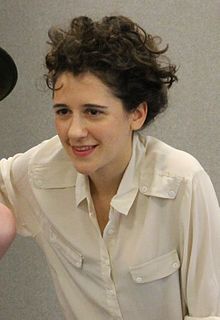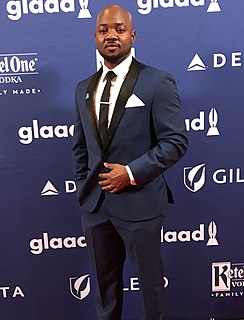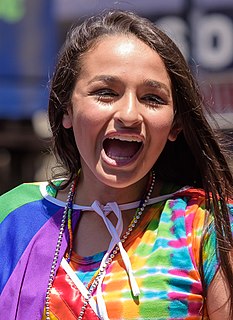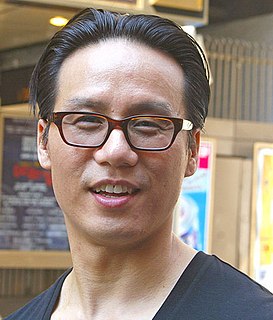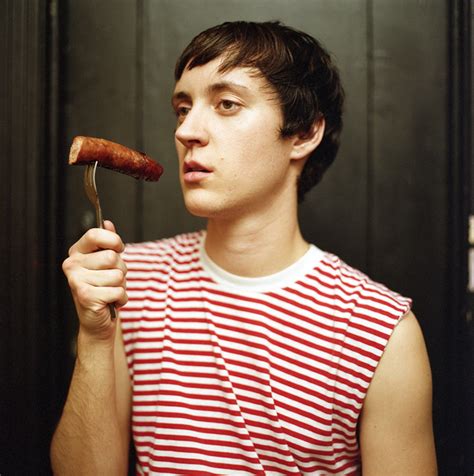A Quote by Lena Dunham
A huge part of the American trans population that's often overlooked are trans teenagers. Many of them are homeless, and those are not the people who are necessarily going in for a custom suit. But that's one of the reasons why we were excited that we got to do a contest with HBO to sponsor a young person getting a suit made who might not have the means to do it on their own.
Related Quotes
Trans voices are really underrepresented, and trans stories are really underrepresented, and when they are presented, they're often reductive. I was interested in putting a trans person and a trans narrative on stage that didn't fall into cliché, that thought a bit more deeply about the experience of being trans, and how those issues tie into things that we all experience. How we tell the story of our lives, versus what might have actually happened, and how we communicate to our former selves. All of those questions were really interesting to me.
Usually, when you are an ethnic person or a trans person, in your average, everyday, unsophisticated television show, you are there for that reason. And they clearly justify and overexplain why. You very rarely see a transgender actor playing the part of a grocery-store clerk without having to say, 'Oh, look at that trans person.'
We had so many milestones in America. We were on our way to universal healthcare. We had gay marriage. We were talking about gender fluidity and trans issues openly and discussing them with respect. It was almost to the point where educating people about transgender rights wasn't an issue. We were including trans people as a normal part of our conversations instead of seeing their presence as this shocking thing to the system. We forgot that those things can be taken away from you because there are people in the world that, for whatever f - king reason, can't live and let live.
I think it's really important to champion stories from trans women and trans women of color. That demographic has gone unheard and unsupported for so long, and it's really the community that's struck the hardest by a lot of issues. I try to do a lot of work to champion trans feminine issues and stories, but that said, I do have a personal and deep investment in seeing trans masculine stories reflected in culture. It is a little disappointing to me that trans men and trans masculine people have not really been part of this media movement that we're experiencing right now.
There's this belief sometimes from people who haven't lived the trans experience that's just like, 'You should tell everyone. You owe it to them.' But the truth is, you don't know how people are going to respond. And many people don't even have the language to talk about what their trans experience is, or what it could be.
Many in the trans community are fed up with L.G.B.T. organizations that continue to erase trans identity or just give lip service to trans issues. We need our cisgender allies - gay and straight - to treat transgender lives as if they matter, and trans people need multiple seats at the tables in the organizations that say they're interested in L.G.B.T. equality; this absence has been painful since Stonewall.

